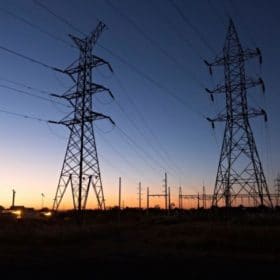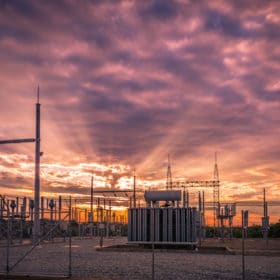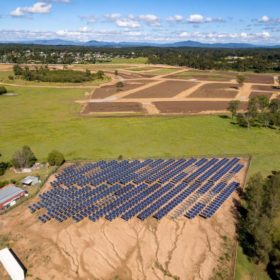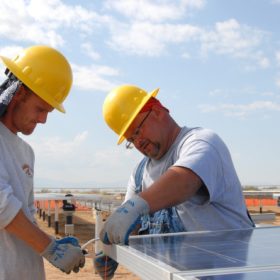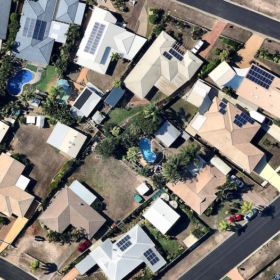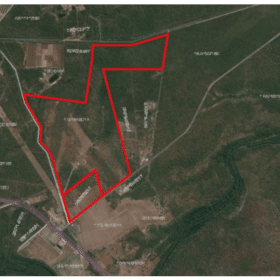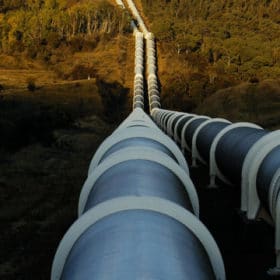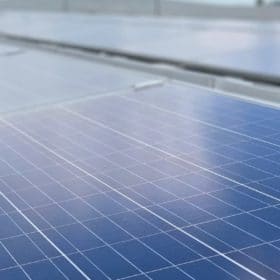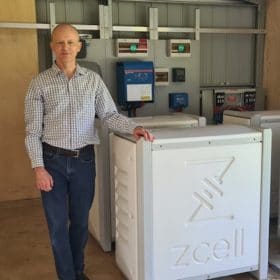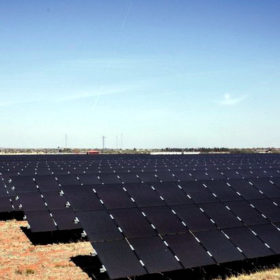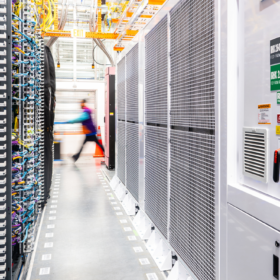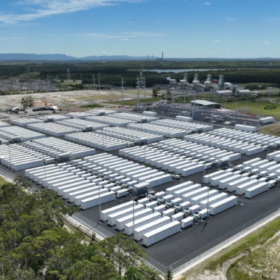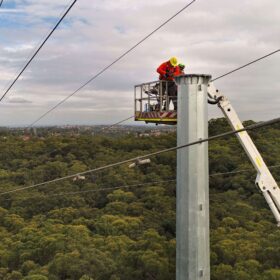Government pumps $11 million into new transmission line
The Federal Government has added a new element to the National Electricity Market (NEM) equation by announcing it will provide up to $11 million to help progress the CopperString 2.0 transmission project in Queensland.
100 MW battery storage facility proposed for rural Queensland town
A large-scale battery energy storage system is being proposed by Sydney-based developer Genex Power near Rockhampton, Queensland.
International partnership to develop solar hydrogen plant at QLD college and golf academy
The Hills International College and Golf Academy in Jimboomba, Queensland (QLD), which boasts former World Number 1 Jason Day as an alumnus, is partnering with Sydney-based renewable energy outfit Energy Estate to develop the Jimboomba Renewable Hydrogen Plant.
Australian Step Change could see over 40,000 jobs created in Queensland alone
Community group Solar Citizens has released a report using modelling from the Australian Energy Market Operator to show that 43,500 clean energy job years would be created in Queensland under its Step Change scenario.
One Stop agrees to extensive remediation program after 49,400 STCs improperly created
One Stop Warehouse Finance has been disciplined by the Clean Energy Regular after it was found responsible for the creation of 49,400 improper small-scale technology certificates between 2017 and 2020.
Australian ‘rooftop solar capital’ goes large-scale with approval of 100 MW solar farm
Queensland’s Bundaberg Regional Council has approved the development application of a 100 MW solar farm 60km away from Bundaberg. The project would be one of the largest scale for the region, dubbed “Australia’s rooftop solar capital” for its high penetration of residential solar.
GE Renewable Energy signs on to 400 MW pumped hydro project
A proposed 400 MW pumped hydro storage project is on track to become the first of its kind to be completed in Queensland in more three decades after industry giant GE Renewable Energy provided its backing for the project.
Fujitsu latest to roll out rooftop solar in push to renewables
Information technology giant Fujitsu is the latest major company to commit its Australian operations to a renewable energy future, installing a 99.6 kW solar PV system on the roof of its data centre in Brisbane, Queensland.
Redflow battery customer trials give the final finesse before production begins
Redflow CEO, Tim Harris, is confident the company’s Gen3 flow battery will go into production in the first half of this year, once the results from its customer trial are evaluated.
Singapore investor injects $3 million into 500 MW Queensland PV project
Plans to build a large-scale solar farm at Harlin in Queensland’s Somerset Council region continue to gather momentum after Singaporean infrastructure investor Keppel Corporation agreed to pour more than $3 million into the project.
